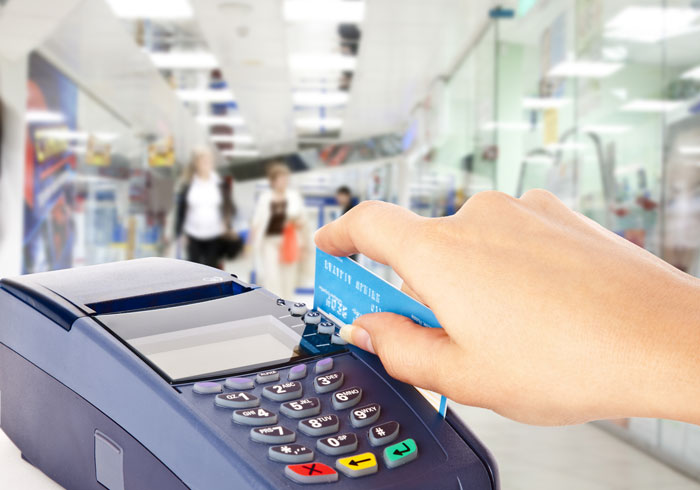In Australia, our household surveys also show significant appetite for digital payments, especially via mobile devices, and more than half of households here have not used cash for any transaction in the past month. And its rising. The drive to cashless seems unstoppable.
 Yet I got caught out yesterday by the NAB systems failure, which saw their payments and internet banking services wiped out thanks to a power failure in Melbourne. My local garage has a NAB terminal and was unable to process EFTPOS payments. Luckily they had the paper based backup, which took credit cards, for later processing. Then at the local café I could not use person to person digital payments from my mobile – they were only taking cash, so I went to an ATM to find that was not working. Luckily I scraped up the spare cash I had pay for my coffee. An object lesson in frustration, and for some businesses, a loss of business, which granted NAB said they would consider compensating.
Yet I got caught out yesterday by the NAB systems failure, which saw their payments and internet banking services wiped out thanks to a power failure in Melbourne. My local garage has a NAB terminal and was unable to process EFTPOS payments. Luckily they had the paper based backup, which took credit cards, for later processing. Then at the local café I could not use person to person digital payments from my mobile – they were only taking cash, so I went to an ATM to find that was not working. Luckily I scraped up the spare cash I had pay for my coffee. An object lesson in frustration, and for some businesses, a loss of business, which granted NAB said they would consider compensating.
And this in the week where Telstra’s whole internet and phone system went down (without an explanation this time – at least they did not blame a lightning strike like the previous episode). And of course CBA’s payment systems had gone down previously.
Reflecting on all this, I am pulled in two directions. I am a fan of a digital migration towards a cashless society, yet it also shows there are potential risks which need to be explored further. In fact, consumers, who prefer digital, might be sleepwalking into future disaster. Time to think harder about the risks of going cashless.
And we are not alone. In some Scandinavian countries, the rush towards a cashless society is also hitting some turbulence. Take Sweden for example. It is one of the most cash-free societies in the world. The proportion of cash payments in the retail sector fell from about 40% in 2010 to about 15% in 2016. Two-thirds of consumers say they completely manage without cash; just as many say they mostly use cards even for payments under $20. More than half the nation’s bank branches no longer take or issue cash. Many stores greet the shopper with notices that they no longer accept hard currency. As a result, the total value of cash payments in the economy has fallen to less than 2% of GDP.
“In the not-too-distant future, Sweden may become a society in which cash is no longer generally accepted,” the Swedish central bank said recently. And in February, the bank warned that Sweden could soon face a situation where all payments were controlled by private sector banks. The Riksbank governor called for new legislation to secure public control over the payments system, arguing that being able to make and receive payments is a “collective good” like defence, the courts, or public statistics.
These comments have brought other concerns about a cash-free society into the mainstream. To put it bluntly, when you have a fully digital system you have no weapon to defend yourself if someone turns it off.
And in addition, no system based on technology is invulnerable to glitches and fraud. In the past year two Swedish banks had problems with card payments and by Bank ID, the digital authorisation system that allows people to identify themselves for payment purposes using their phones. And in addition every transaction can be tracked and recorded, remember Facebook?
Now, the banks recognise that digital payments can be vulnerable, just like cash but argues that they are no more vulnerable than any other method of payment. And they say, it is being driven by the customer preference for convenient payment alternatives.
A recent opinion poll said almost seven out of 10 Swedes wanted to keep the option to use cash, while just 25% wanted a completely cashless society.
So I think it’s time to reconsider the implications of digital payments, not least because payments can be tracked, digital networks appear vulnerable and with ATMs disappearing, it will be harder to get cash when needed.
Perhaps cash is king, after all.
